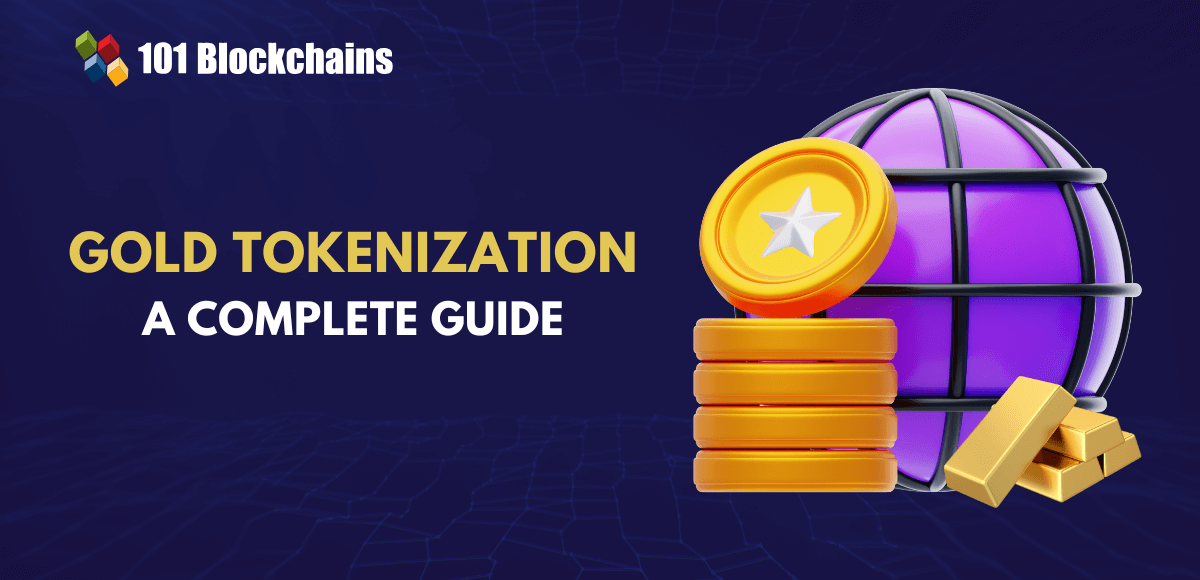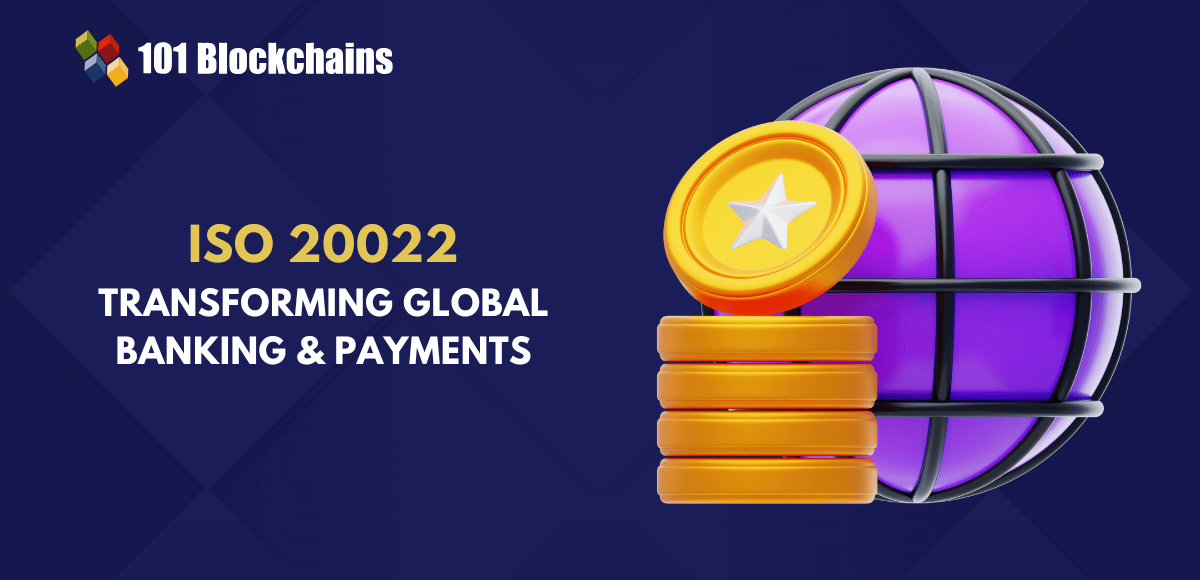Learn how blockchain truly works, master key definitions, and uncover what makes smart contracts so "smart." Dive into the fundamentals, gain valuable insights, and start your blockchain journey today!

- Guides
101 Blockchains
- on June 28, 2018
Beginner’s Guide: How to spot ICO scams
If you are investing in Initial Coin Offerings (ICOs), you need to know that ICOs are unregulated, and there have been numerous scam ICOs already. You need to keep your hard-earned money safe and invest wisely. In this article, I will explain how to spot ICO scams.
Check the credentials of ICO team members:
A transparent ICO with honest goals will always prominently display their project team members details on their website. They will additionally provide references to them in the whitepaper. ICOs that mean real business have nothing to hide from you as far their project team is concerned.
If you don’t see names, LinkedIn profiles, Crunchbase profiles, you may have spotted a scam ICO. If you do see these, please go through their profiles in details. Find out whether they have implemented any notable blockchain-crypto project at all. Check whether their earlier projects were successfully implemented.
A project targets an industry. Knowing blockchain well is nice, but doesn’t guarantee that the team members know the industry. Check their relevant industry experience.
I am sure you have come across cases of fake social media profiles with high follower counts. Unfortunately, for unscrupulous businesses, it’s easy to set up fake social media profiles of their team members by buying followers or using bots. If you find ICO team members claim high blockchain expertise in social platforms, with a high number of followers, check whether they publish insightful contents regularly. If the ICO team members rarely engage with their thousands of followers by publishing useful and interesting content, then that follower count is suspect!
Check whether they publish blockchain related interesting articles in Twitter, Medium and such platforms. I can’t stress this more: don’t be taken in by neatly packaged social media profiles, dig deep and find out if the reputation is genuine!
Read the ICO whitepaper carefully:
A genuine ICO will publish an original whitepaper that clearly describes the business problem they will solve or the market opportunity they will address. They will clearly describe their solution including technology, without using unnecessary marketing and technical jargon. The team will explain why they are using blockchain and why they plan a token in the first place.
If you see no whitepaper or one with content copied from another project, you know immediately that it’s a scam. Without a genuine business problem to solve or market opportunity to address, the project is likely a scheme to raise some quick money.
If you find too many jargons, then in the best case the project team has difficulties in explaining their own business case, or they don’t have one in the worst case. Lack of a proper business case may indicate that the project is a pyramid scheme where early investors are rewarded with the money later investors bring in. Remember such schemes are illegal in many countries!
If the whitepaper can’t explain why they need blockchain or a token, it’s likely they are riding the ICO bandwagon. A promise of steady appreciation of the token is a clear sign of a scam. Start-ups face numerous hurdles during their formative years and none of them can ensure a steadily rising profit.
Don’t be a gullible investor to fall for such promises. Learn to study ICO whitepapers well, use this guide “Beginner’s Guide: How to check ICO whitepaper”.
Is there a meaningful ICO project plan?

The most promising ICOs have a functional product or a working prototype, which signifies that the project team has already done significant development and need funds genuinely to complete it. If a project team hasn’t got a prototype yet but has a detailed development roadmap and open-source code in GitHub for review, that’s a good sign too.
A project with no development roadmap, or a sketchy one, has probably not done any work yet. ICOs are unregulated, and if the project team vanishes with your money without developing anything, you can’t take legal recourse. If there is no GitHub repository, or if it’s empty, or the project team claims that they have closed-source code, steer clear from it!
How to spot ICO scams by checking token distribution or token-sale modalities:
Is the ICO team reserving too many tokens, for e.g. 50% of the tokens, for the development team? No ICO project team should require that amount of token. Something’s not right!
While many ICOs have a private sale of tokens prior to crowdsale, where a few investors buy a lot of tokens at a lesser price, there should be a balance. If the token distribution shows too high numbers of token for the private sale, the ICO is likely a scam.
How’s your lockdown period for tokens? Is it too long-drawn, and far into future? Can the project development plan justify such lengthy lock-down period? Remember that with a very long development plan the project could be a really complex one and you shouldn’t invest in such projects even if they are genuine. In the worst case, a lengthy lock-down period with no development roadmap justifying it is a sign of a scam.
While we are on the subject of tokens, check whether the ICO has an unlimited cap. That means there is no ‘hard cap’ and the project can raise an unlimited amount of money! No rational development roadmap can justify that, and you, the investor, should stay away from that ICO!
How to spot ICO scams with the help of the crypto community:

If you are a new crypto investor, you should thank the vibrant and incredibly knowledgeable crypto community! They are on Telegram, Slack, Reddit, Facebook, Twitter, LinkedIn, and several online forums like BitcoinTalk.
A genuine ICO project team engages this community vigorously, in fact, they typically hire full-time community managers to regularly interact with the community. They do this primarily to build crypto community’s trust in their project. Read more about how community managers build trust about ICO project in this article “ICO community manager: the importance of the role in your ICO”.
The crypto community can spot a scam ICO really fast. Many of them are investors and they are passionate about blockchain. They act very helpfully as soon as they spot a scam and spread the word quickly! Follow these communities and you will get to know an ICO scam quickly.
On the other hand, if they have not written anything positive about a project then they don’t trust it yet. You shouldn’t, either!
I have a request for you here. If you have read this article so far, you have some passion about blockchain and crypto, and you want the space to remain clean. Do a favor: if you spot an ICO scam, please notify the crypto communities immediately. The information will help other investors protect their hard-earned money!
How to spot ICO scams by consulting useful resources:
Traditional start-ups raise money from Venture Capital (VC) funds. It’s an involved process that involves many meetings and a large amount of documentation. VCs are experienced, and they filter out unworthy projects and scams. Read this comparison “ICO vs VC: The Experience Matters” to know how VCs keep out Ponzi schemes but ICOs haven’t been successful in doing so.
Prepare before you invest in ICOs, it will help you in spotting scams. I recommend the following useful resources:
- To know the risks from unregulated ICOs, read this article “What is an ICO: An introduction to Initial Coin Offering”;
- To know how you can prepare for an ICO, read this “Beginner’s Guide: How to participate in an ICO?”.
Invest safely, avoid ICO scams!
*Disclaimer: The article should not be taken as, and is not intended to provide any investment advice. Claims made in this article do not constitute investment advice and should not be taken as such. Do your own research!





1 Comment
these are very helpful for us beginners. I have been reading MyShield’s whitepaper and I’ve learned a lot about ICos and the risks they might engage in. We should take time to study before investing, even if it will require so much of our time, it’s best to more vigilant than to lose all the money you invest in.